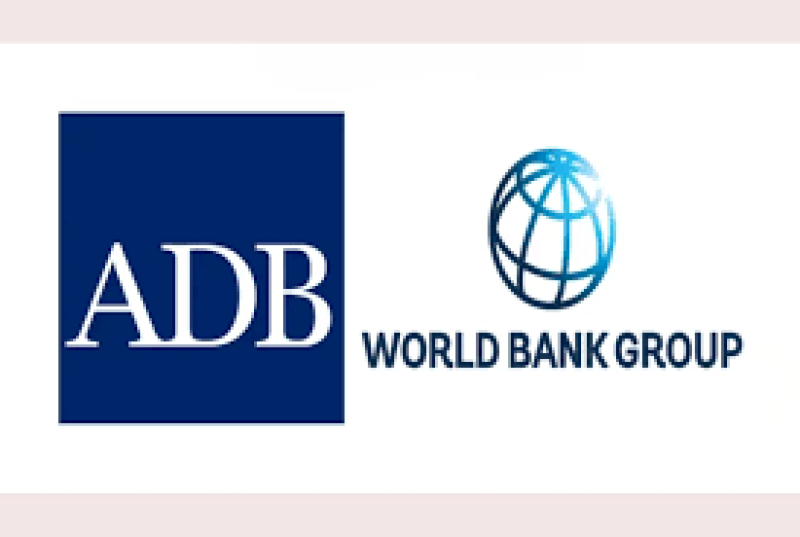- 2025: Resilient Economies, Smart Development, and More Jobs |
- Dhaka rejects India's statement on incident at BD HC residence, New Delhi |
- Stocks end lower; trading falls at DSE, improves at CSE |
- No need to be kind to election disruptors: EC to law enforcers |
- No Media Faced Arson Attacks in 53 Years: Mahfuz Anam |
ADB and WB Partner on FMRF to Boost Development Impact

The Asian Development Bank (ADB) and the World Bank (WB) have signed a pioneering Full Mutual Reliance Framework (FMRF) to enhance their collaboration on co-financed public sector projects. This historic agreement aims to streamline project processing and implementation, delivering faster, more efficient results for borrowing countries.
Under the FMRF, borrowers in joint ADB-WB projects will follow a unified set of rules, choosing policies and procedures from either institution for all stages of the project—from design and preparation to evaluation. This approach is expected to generate cost and time savings, improve outcomes, and foster closer alignment between the two institutions, advancing a more cohesive "Multilateral Development Bank System."
The framework responds to global calls, including from the G20, for multilateral development banks (MDBs) to work more collaboratively in addressing escalating development challenges with greater efficiency and impact.
ADB President Masatsugu Asakawa highlighted, "The Full Mutual Reliance Framework is a significant step in our collaboration with the World Bank and will bring lasting benefits to communities across Asia and the Pacific." He emphasized that by leveraging both institutions' strengths, they can enhance efficiency and promote sustainable, inclusive growth.
World Bank Group President Ajay Banga echoed this sentiment, calling the partnership a testament to the strong trust between the two institutions. "This partnership reflects a broader shift in development finance, where collaboration, not competition, delivers greater impact. Together, we are making it faster, easier, and more cost-effective for countries to access the support they need," he said.
The FMRF will initially apply to select public sector projects during a four-year pilot phase starting in 2025. This phase will refine operational approaches and assess outcomes, building on previous co-financing efforts like the 2018 Procurement Framework Agreement. The FMRF will also draw from feedback from civil society organizations, borrower countries, and other stakeholders.
The framework is expected to serve as a model for deeper collaboration among MDBs and address critical development needs, while encouraging innovation and knowledge sharing.

